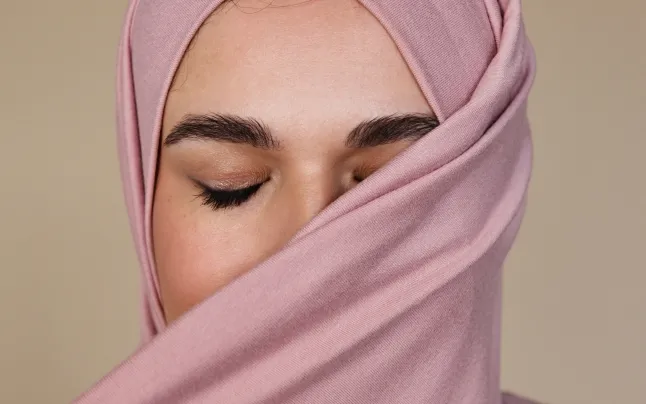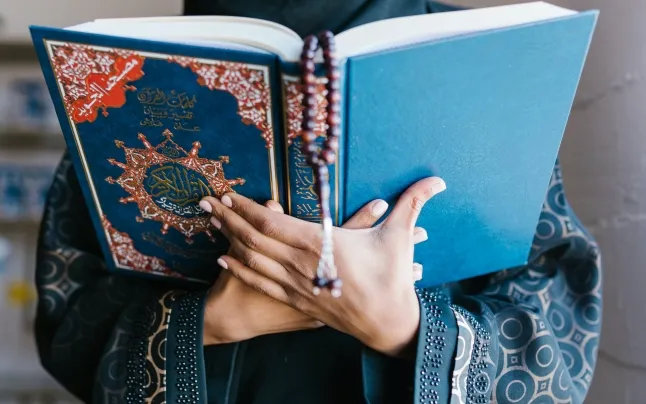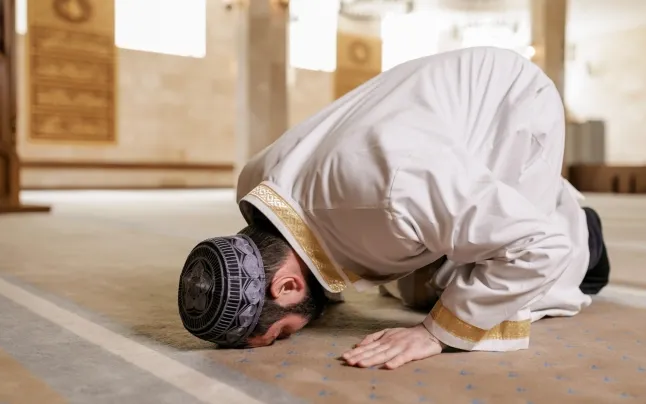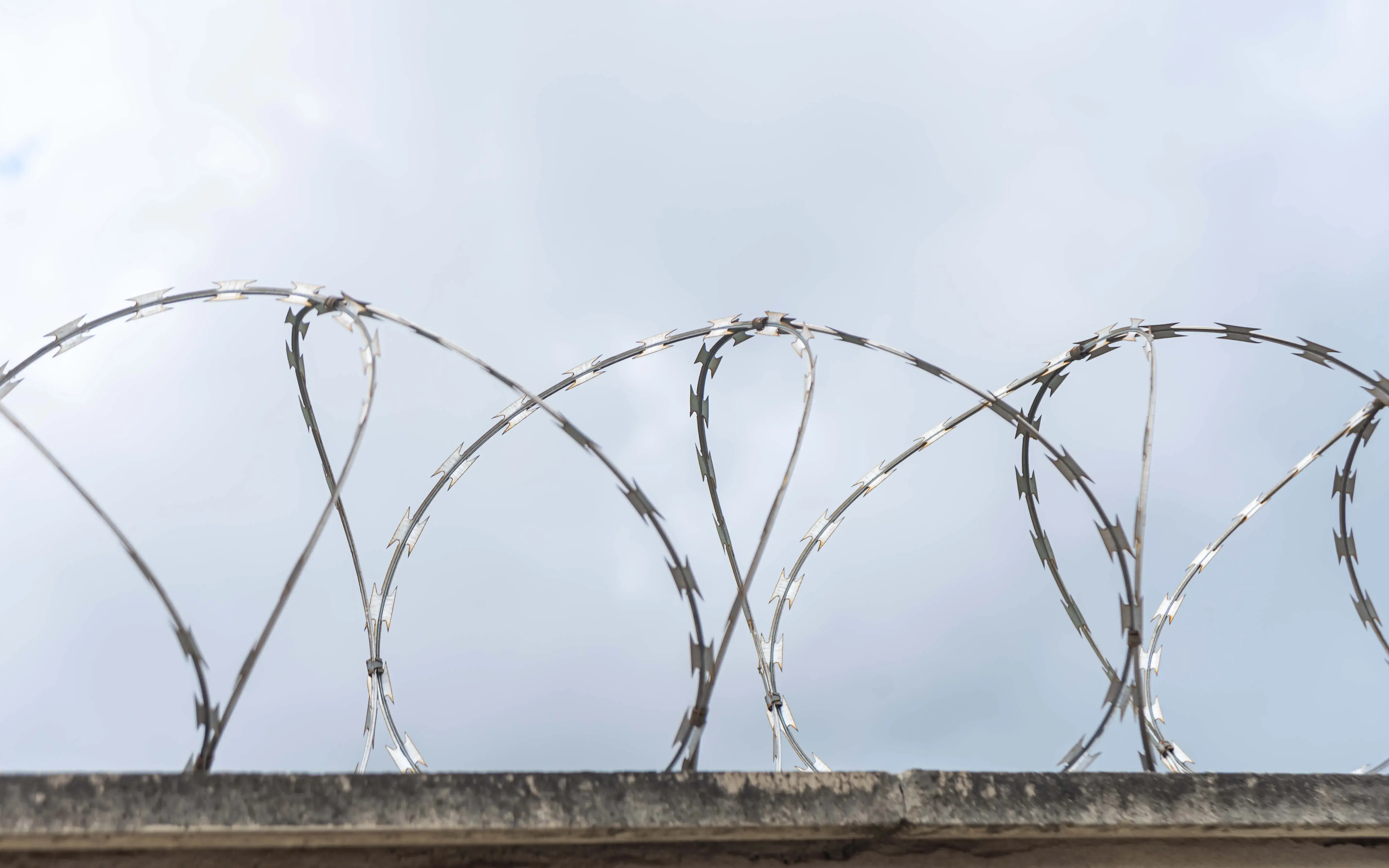The Observatory of Islamophobia in Catalonia analyzes the situation of discrimination suffered by Muslim people through the report ‘When they come in the morning’, which does not predict any progress with this social scourge.
In 2021, there was no improvement in discrimination against Muslims. These are the conclusions of the annual report 'Quan venen de matinada' ('When they come in the morning') from the Observatory of Islamophobia in Catalonia (ODIC), led by the association Stop Als Fenòmens Islamòfobs (SAFI).
"Islamophobia is not just a set of abstract principles that impose stigmas on certain groups. It is an instrument of racialization of these same groups, and thus shapes and justifies a set of discriminations suffered by Muslim people, suspects, not so much for what they do or fail to do, but in essence for what they are”, the document relates.
Thus, Muslim people suffer discrimination on a daily basis for the simple fact of their origins, beliefs and religion. Through some thirty cases, the ODIC exemplifies some of the situations they have suffered: incitement to hatred on social networks, discrimination in employment or when obtaining a rent, physical and verbal aggression, or the denial of the use of the full bathing suit in public spaces are some examples.
Personal, institutional and symbolic Islamophobia
The report divides the types of Islamophobia detected into three, although it acknowledges that some actions may include more than one option. Personal, institutional and symbolic Islamophobia would be the three axes of the report.
First, personal Islamophobia would be the one that directly attacks the person for being a Muslim. For example, the verbal and physical aggressions to wear a hijab or the graffiti on the street that were found in Sant Adrià del Besòs with the words 'No Islam'.
Secondly, the institutional is all that comes directly or indirectly from the administrations. Obstructing the opening of an oratory or rejecting the option of offering a halal menu - consisting of foods allowed in the Muslim diet - to a school would be some of the cases.
Lastly, symbolic Islamophobia, all that derived from Muslim symbolism. This would be the most difficult to categorize by the breadth of the definition. As the report states: "All Islamophobic aggression contains a symbolic dimension insofar as our concrete actions are conditioned by shared imaginaries. Attributing, therefore, a set of cases only to the field of the symbolic is a pleonasm, since Islamophobia is always a symbolic one".
The report also highlights the low number of complaints on social media despite the increase in discrimination through these platforms. Only two of the cases reported to the Observatory have this as the main reason for the complaint. The absence of complaints does not deny the existence of cases, but the normalization of such comments and the complication of legal response in the digital field promote impunity on social media.
The more traditional media are not far behind either. 20% of the cases listed in the report are for discrimination by journalists.
Recommendations to public administrations and entities
The ODIC was born in 2020 with the main objective of centralizing all acts of discrimination against Muslims that occur in Catalonia, being also an instrument of channeling complaints to collaborate judicially with the case.
They emphasize, however, that in order for their work to make sense, it is essential that the people affected know about this service and that the entities and administrations can follow the advice derived from the conclusions of their studies.
This year's report draws up a collection of recommendations for organizations to make use of. That the entities involved teach the entire population and report on the current legal system, would be the first guide to action in writing. Thus, they demand that it be made visible and that the consequences of Islamophobia for the people who suffer from it be unmasked.
It is also crucial that Muslims be able to know their rights and duties and it is the task of the administrations to provide them with this data.
Any discriminatory action against the group must be prosecuted and punished to end the impunity of Islamophobia. At this point, administrations have a key role to play in denouncing and raising awareness of the struggle.
Likewise, education also has a lot to say in the awareness of the debate and it is for this reason that the Observatory supports the implementation of the subject Islamic Religious Education in schools that require hundreds of families from months ago.
With these recommendations, the ODIC wants to remind that “as a society, we continue to replicate too many times the idea that the Muslim religion and its believers and practitioners is a foreign religion, associated with migration and, therefore, alien to common collectives traditions”, an ideology that reinforces the scourge that the collective suffers.
The booming far right: a danger to the collective
The political party VOX has carried out a series of verbal attacks on Muslims in recent months. The campaign on social media on the eve of the elections in Catalonia on February 14, 2021 'Stop Islamization' -which came into the hands of the Prosecutor's Office- or the association that makes the party of Islam with masculinity, crime, immigration or terrorism make the importance of raising awareness of discrimination against the group crucial.
The rise of the far right in other European countries such as Hungary, Poland and Slovenia does not give much hope to Muslim people if these political ideologies increase in our country.
The Barcelona City Council’s Office for Non-Discrimination (OND) received 244 complaints of discrimination against the group in 2021, twenty-five more than the previous year. In most cases, the complaint was associated with racism and xenophobia, although in 2021 the number of cases linked to sexual orientation and gender identity.









Add new comment